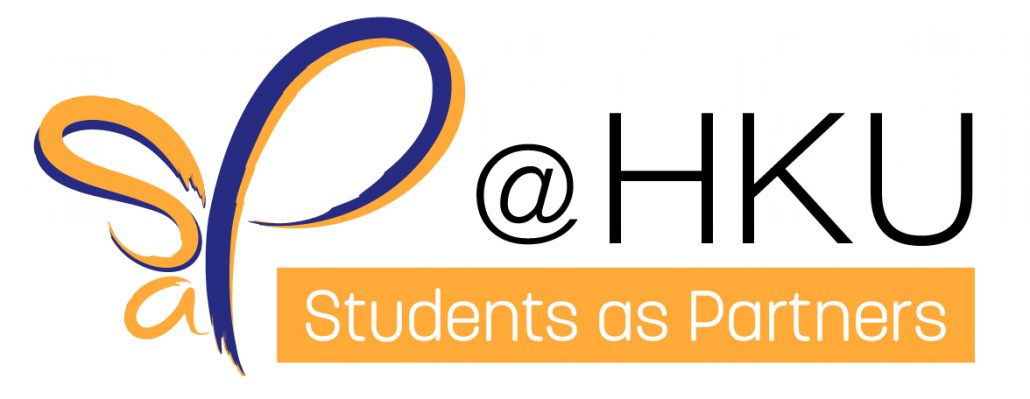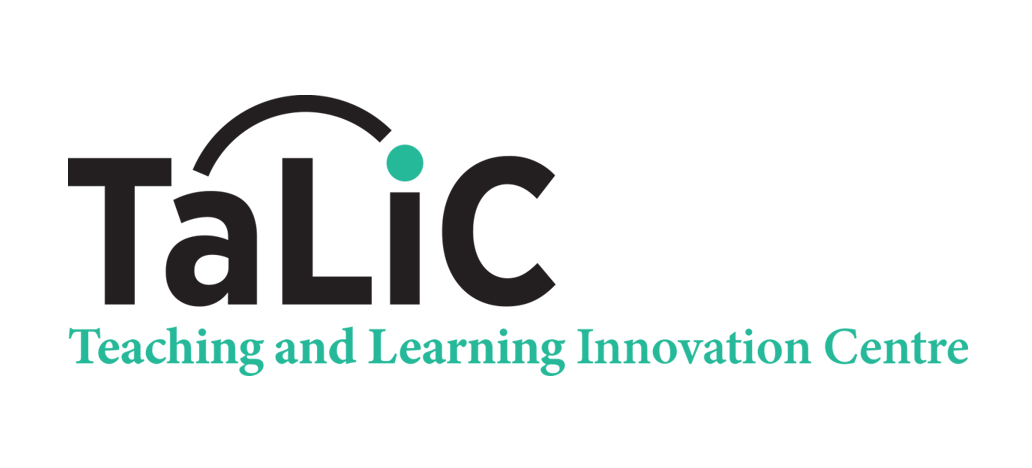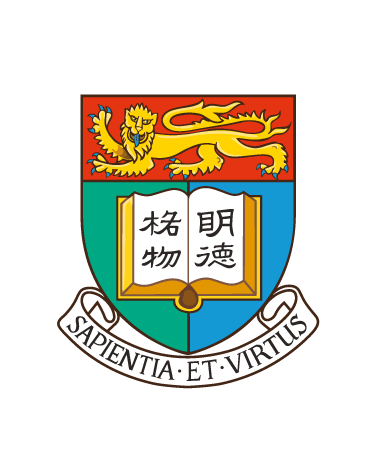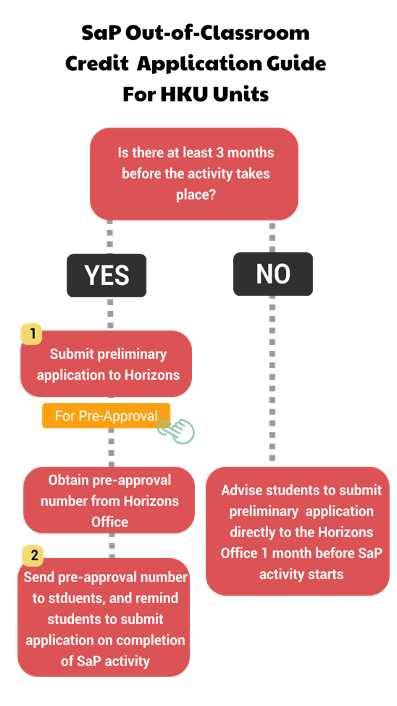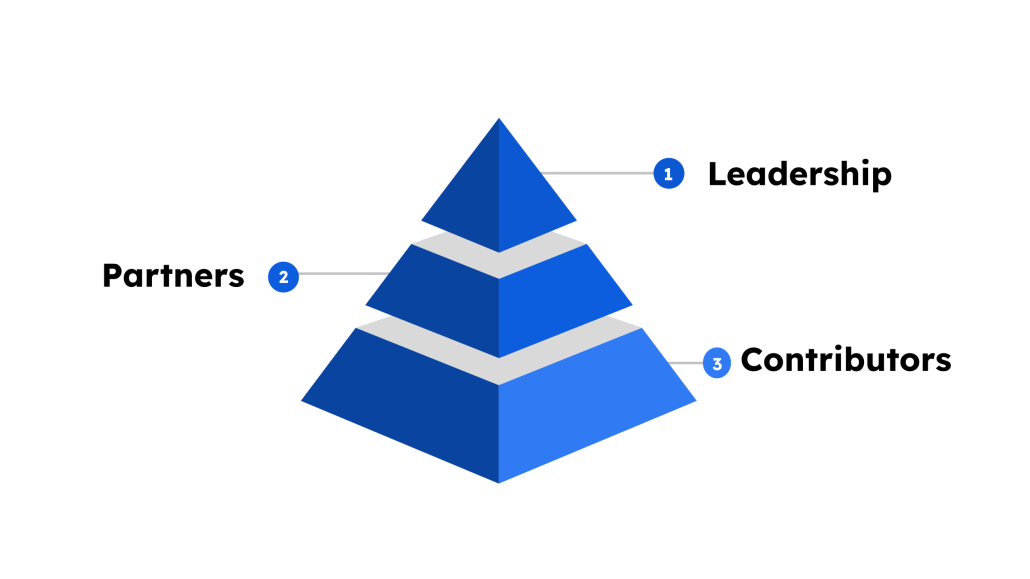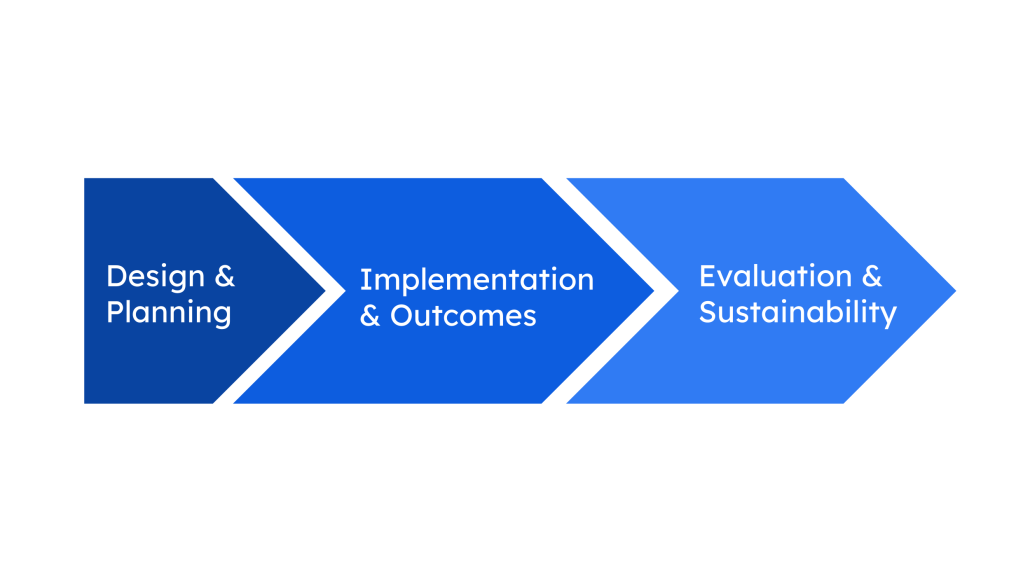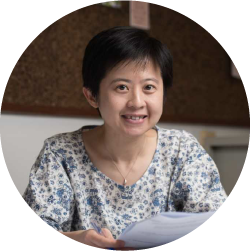Aims and objectives
SaP Definitions
OUR DEFINITION OF SAP
HOW THIS IS DONE
The SaP is built on shared responsibility between students, faculty, and partners through collaboration, reciprocity, and measurable outcomes.
Students are offered or may initiate a participative agenda to contribute to education/ service /research conceptualization, decision-making, implementation, investigation, or evaluation of education/ service/research activities inside or outside of the classroom.
Benefits of SaP
The SaP approach aims to transform institutional cultures and students’ learning or experiences by facilitating engagement and inducing a shift from passivity to agency.
This involves developing a meta-cognitive awareness among those involved about all aspects of learning, teaching, research, and service. This collaborative partnership will have multilevel benefits across a spectrum of activities for those engaged with the process and ultimately have meaningful and impactful outcomes in the broadest sense within and beyond the University.
SaP Framework
Credit Recognition
Recognition of Out-of-classroom Learning Experiences – Credit Award Scheme
